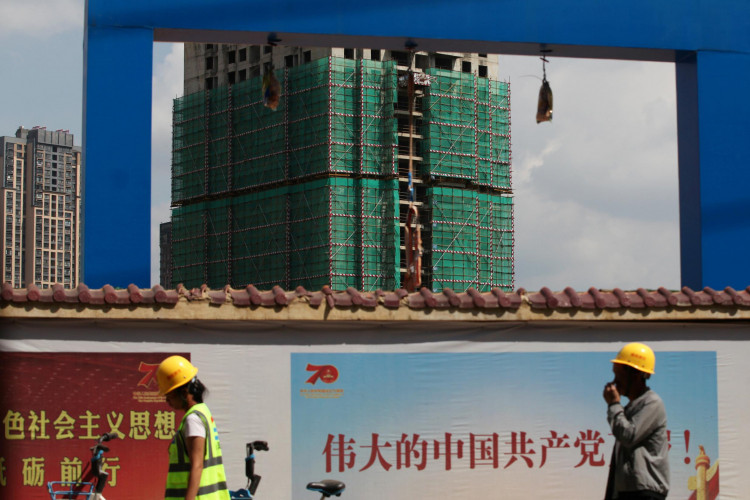Amid escalating concerns in China's real estate sector, Country Garden, once a leading property developer, is now at the heart of a liquidation crisis that could have significant repercussions for the industry.
A liquidation petition filed by Ever Credit Limited, a subsidiary of Kingboard Holdings, against Country Garden in a Hong Kong court for a defaulted $205 million loan, has intensified the pressure on the developer to expedite debt restructuring discussions. This development comes in the wake of a similar liquidation order against China Evergrande, highlighting a growing trend of financial distress among China's property giants.
The petition against Country Garden, which is scheduled for a court hearing on May 17, marks a critical juncture for the developer and the broader real estate market in China. Analysts and creditors view these legal actions as strategic moves to compel Country Garden to engage more proactively in negotiations to restructure its significant offshore debt, which is reportedly in default and amounts to approximately $11 billion. The company's total liabilities are nearing a staggering $200 billion, reflecting the depth of the liquidity crisis that has ensnared China's real estate sector since 2021.
The backdrop to this crisis is a regulatory crackdown initiated by the Chinese government to curb debt-fueled expansion in the real estate sector, which has historically been a significant driver of the country's economic growth.
This crackdown has led to a liquidity squeeze, causing a domino effect of defaults among developers and casting a shadow over the sector's stability. Evergrande, the most indebted developer globally with $300 billion in liabilities, has become emblematic of the crisis, with its court-ordered liquidation underscoring the severity of the challenges facing the industry.
Country Garden's response to the liquidation petition reflects its determination to oppose the action vigorously while working on a debt restructuring program. The developer has recently initiated this process by appointing financial and legal advisers, signaling its intent to address its financial woes. The contrast between Country Garden and Evergrande's situations is notable, with analysts suggesting that Country Garden's restructuring proposal could be more favorable to creditors given its lower total liabilities and additional equity options.
The ongoing turmoil in China's property sector, exemplified by the cases of Country Garden and Evergrande, raises questions about the sector's future and its impact on China's economy. The government's interventions, such as the recent cut in the key mortgage reference rate, aim to mitigate the crisis, but the effectiveness of these measures remains to be seen. As the legal proceedings against Country Garden unfold, the real estate industry and global investors are closely watching the outcomes, which could set precedents for dealing with similar cases in the future.






